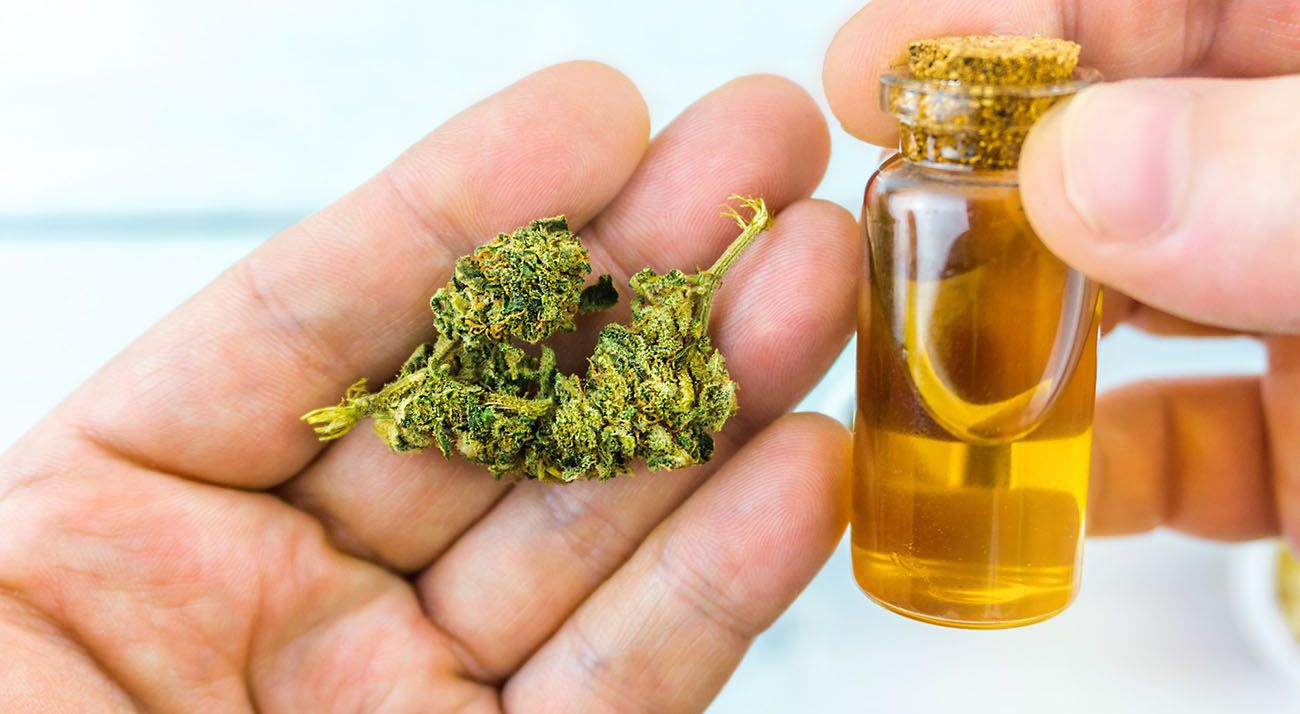
However, with the growing need for people to seek a natural solution for health and wellness, CBD and CBN are among the cannabinoids tested for their sleep qualities. Each is found useful for sleep quality and leads this article into diving deeper into the sciences behind these cannabinoids and how they affect sleep cycles, and how they interact with the endocannabinoid system. There are roughly 100 cannabinoid chemicals derived from cannabis. CBD and CBN are the two most well-researched cannabinoids with excellent potential for medicinal application. CBD does not cause the “high” effect that characterizes psychoactive THC. CBN is a degradation product of THC and is generally present in smaller amounts in plants with higher levels of THC. Both cannabinoids occur in hemp or marijuana, although effects and treatments vary.
Human Endocannabinoid System
The science study of the endocannabinoid system, composed of a complex network of receptors and neurotransmitters involved in sleep, mood, and immune responses, makes it possible to understand how cannabinoids like CBD CBN for sleep. In the ECS, two types of receptors exist: CB1 and CB2. CB1 receptors are found majorly in the brain and the central nervous system. CB2 exists majorly in immune cells and peripheral nerves. Cannabinoids interact with the ECS to influence biological activity. CBD mainly acts indirectly through the receptors of serotonin and GABA, which are the chemicals that govern mood and relaxation. Early studies on CBN indicate it can directly stimulate CB1 receptors, causing drowsiness and relaxation, and thus useful for insomniacs.
How CBD Helps Sleep
Recently, CBD’s sleep influence was inquired further. CBD is thought to reduce anxiety and tension, which can break sleep. In the study published in “The Permanente Journal,” 79.2% of the patients reported reduced anxiety for a month of consumption of CBD that enhanced their sleep. CBD will induce the sleep as CBD facilitates curing the insomnia causes like anxiety and desolation. CBD is anti-inflammatory as well and may help sleep for chronic pain users. This is because the drug works on inflammatory pathways, which may affect its capacity to contribute to pain relief and improvement in sleep.
CBN Induces Sleep
CBN study is considered premature compared to CBD, but preliminary studies and anecdotal reports indicate a possibility of its application in combating sleep. CBN induces sleepiness and improves the sleep quality. Somnolence-inducing as well as sleep quality-improving properties are the reasons for interest by sleep specialists in CBD CBN for sleep treatment as one animal trial depicted longer sleep periods. Other advantages of compatibility between CBD and CBN include the possibility of the “entourage effect,” whereby different cannabinoids enhance the effects produced by one another. CBN could add to the ability of CBD to be a sleep promoter and potentially improve for those who may seek an integrative approach to sleeping issues.
 Living With Healthy Hunger Health Blog
Living With Healthy Hunger Health Blog

